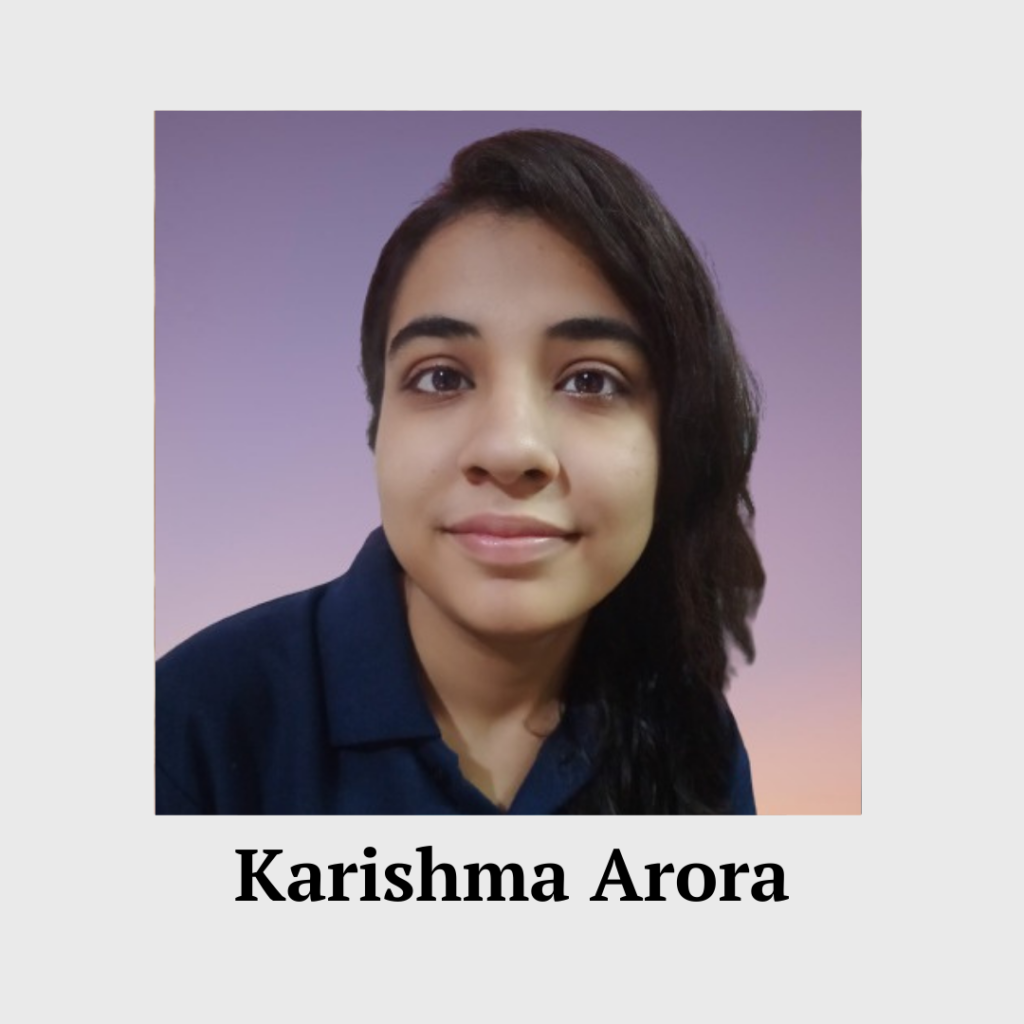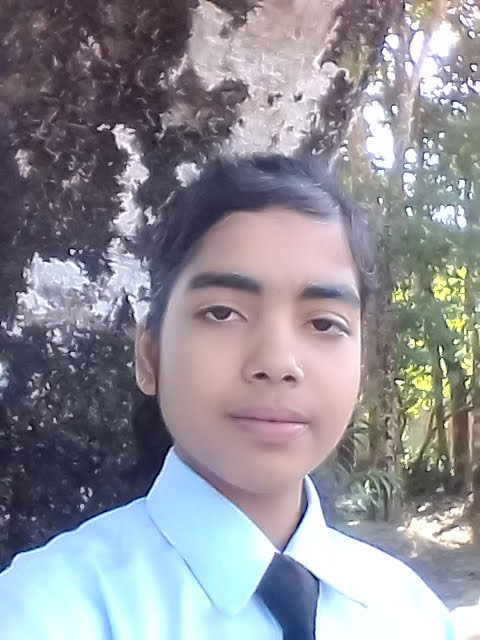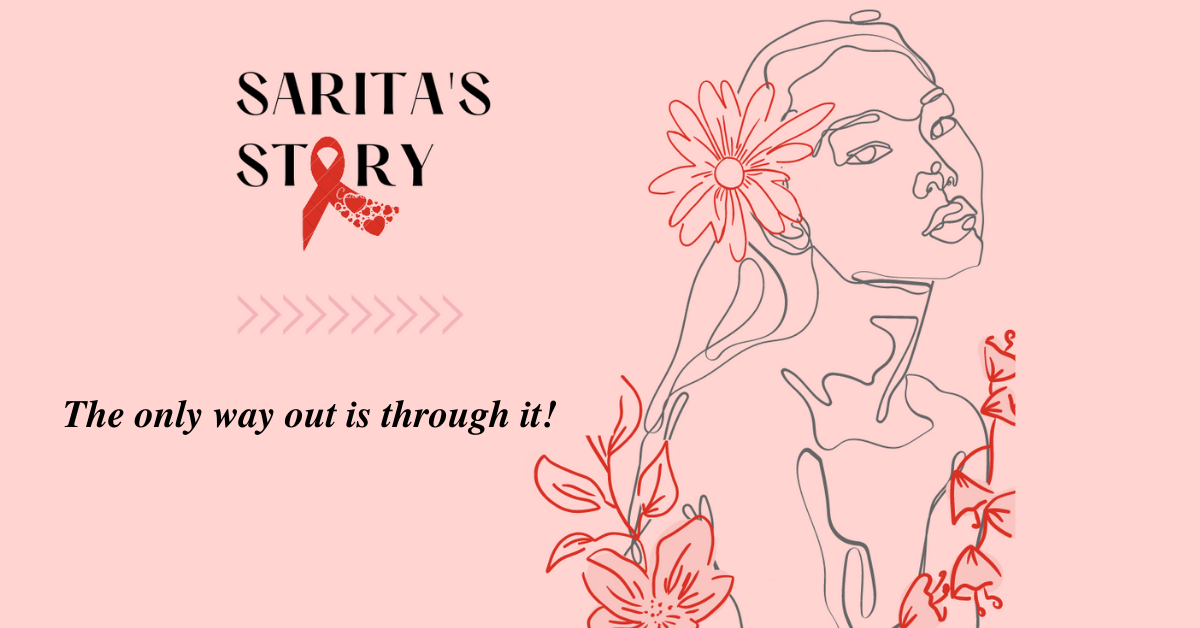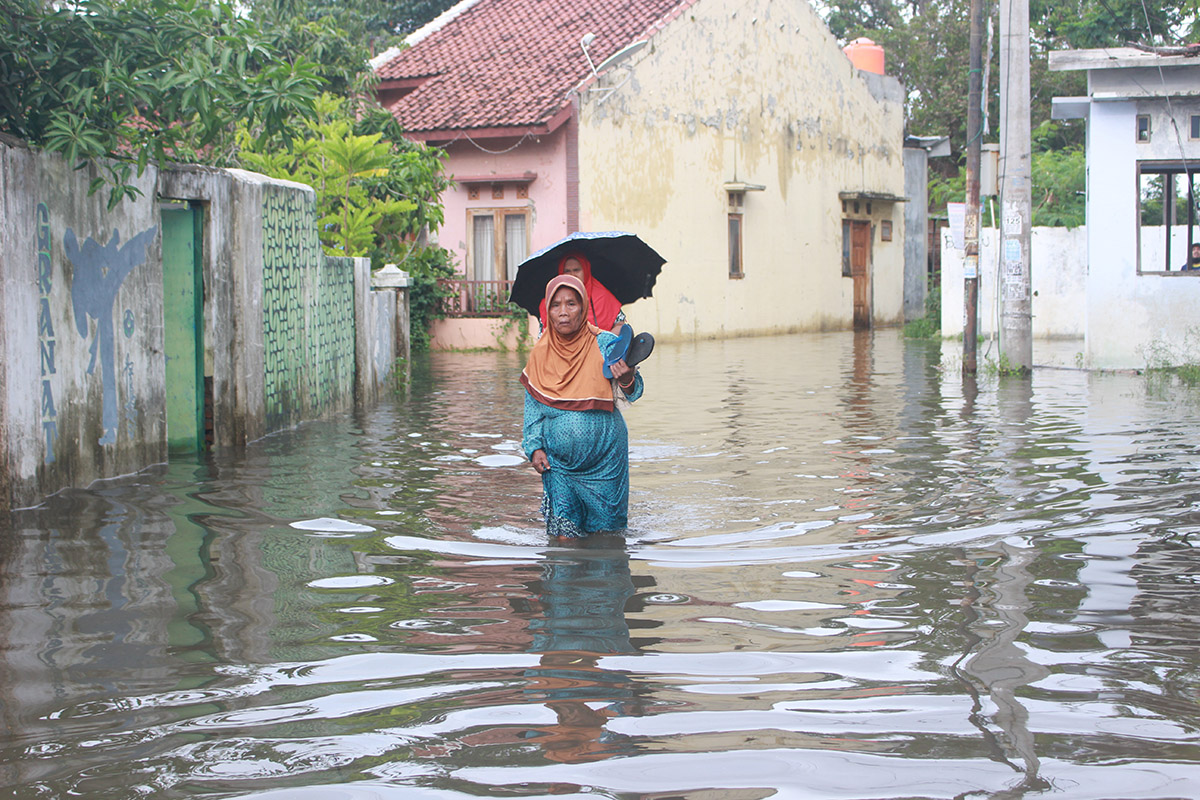The Unwelcome Blossom
December 24
A chirpy girl has just dived into her teenage years
Carefree for what the future holds
She is enjoying each moment
But then enters “The Emperor of All Maladies”
“You have cancer.” It’s the dreaded diagnosis no one wants to hear. To use a term coined by Indian-American physician and oncologist Siddhartha Mukherjee, the deadly disease is “The Emperor of All Maladies” – the most feared affliction. Karishma Arora, a 25-year-old Commonwealth Correspondent from India shares the story of an Indian girl who was diagnosed with cancer.
In 2015, Sarita Sahu, then twelve years old, noticed a small outgrowth from her breast. Ignoring it, she continued her routine of study and play like most other seventh graders would.
Two years went by and she had no significant pain or ailment. Still, the outgrowth on her breast had grown larger. Fearing what it might be but ignorant of the consequences of inaction, she didn’t bother to inform her family members.
In the summer of 2017, she visited her elder sister, Bandana, in Delhi. One day, Bandana saw the lump on Sarita’s chest and enquired about it. At the time, the elder sister had been pursuing her Masters in Biomedical Sciences from a renowned university in the capital city, so her knowledge about cancer and other illnesses made her insist on taking Sarita for a medical checkup.
The anxious sisters went to a Government-funded facility for the medical examination. The results of an ultrasound followed by a Fine Needle Aspiration (FNA) biopsy lead to their worst fears being realized. “There’s a tumour in her breast; a surgery is needed,” announced the doctor.
It suddenly became a period of chaos, darkness and despair. Sarita’s parents grew extremely worried. Sarita herself was scared by just the mention of the word ‘operation’. However, her sisters remained courageous. As students of biology, they talked to the doctors at length and convinced the family to go for the surgery. The coming Saturday was finalized to be the day the operation would take place.
Treatment at India’s government hospitals is free. Unfortunately, those state-run facilities are often overcrowded as well as lack resources and infrastructure compared to private hospitals². This became evident to Sarita and her family when they were turned down by the doctor because they arrived just a few minutes late for the procedure. Due to the strain on the hospital’s facilities, her space had already been taken. After repeated requests, the surgery was rescheduled the following week.
Yet again, their visit was unsuccessful. They were asked to return at a later date after being told doctors were busy with other surgeries. At this point, Sarita’s family seriously considered shifting her to a private facility. But they decided to give the public hospital one last try. The surgery was again scheduled for the upcoming week.
After three long weeks of waiting, each day enwrapped in fear and anxiety, D-day arrived. Several visits to the holy places. Check. Arrival of family in town. Check. Reinforcing that “All will be well”. Check. Praying lips and anxious eyes surrounded Sarita. “We understand that you are just a kid. We will operate on you very patiently. Your womanhood won’t be harmed, we assure you of that,” said the surgeons. These soothing words helped Sarita to relax and made her confident about the procedure.
Two and a half hours of patience, prayers, fear, anxiety as well as hope went by. The surgery was successful. Sarita was given medicines and discharged after a day. Following a week of recovery, she expressed gratitude to her doctors by presenting them with a ‘Thank You’ card and chocolates. Despite some setbacks, Sarita and her family had trusted the doctors of the government hospital and her procedure was done free of cost, sparing them the extremely high price for private care³.

Sarita is now leading a healthy and cheerful life. Her story is not only inspiring but also helps to dispel some of the fears associated with cancer – especially that it is a death sentence. There are several lessons to be learnt from her experience. The first is self-vigilance. Knowing one’s body helps in identifying changes and this can lead to early diagnosis of an ailment and timely treatment. Sarita herself did not act immediately when she saw changes on her body, but she might have suffered more had her sister not identified the lump and insisted on the checkup.
Another lesson is that encouraging words are important. “An assurance by the surgeons helped me to calm down, making the operation quick and seamless. They were always caring towards me, so I had developed faith in them,” recounts Sarita.
Finally, don’t panic. When others felt despair, Sarita’s sisters remained calm. Thankfully, they had an understanding of the disease and used their knowledge to assure their parents that it could be treated successfully. “Being from a biology background, we used to utilize the time in the hospital by observing other patients and their biopsies,” her sisters recall.
There is no doubt there are cases even more severe than Sarita’s, but no disease is bigger than the will and determination of a person. An optimistic attitude coupled with timely treatment can help an individual overcome any disease –even the so-called ‘Emperor of all Maladies’. Taking a cue from Sarita’s story, let’s vow to spread awareness about cancer so that more people can realize that this most feared disease is beatable.
The only way out is through it!
Photo Credits: Karishma Arora






